Washington Post: Dog cancer research advances pursuit of drugs for humans, canines
By Sam Jones
On June 19, Washington Post reporter Sam Jones wrote about the latest in dog cancer research.
Comparative oncology — the study of cancers in companion animals that researchers hope will translate to human treatments — has picked up steam, he said, because a vast majority of cancer clinical trials fail. Compelling genetic data, increased funding and growing collaborations in the past decade are also pushing forward development of these cancer drugs.
Jones said in the story that scientists have noted genetic similarities that extend to cancerous tumors, making dogs prime candidates for clinical trials that are pushing forward development of cancer drugs for both canines and humans, especially in the past decade.
Compelling genetic data, increased funding and growing collaborations between veterinarians and oncologists were things “we dreamed about 10 years ago,” said Dr. Amy LeBlanc, DVM and director of the Comparative Oncology Program at the National Cancer Institute.
“Now it’s becoming reality,” she said.
Dr. Steven Dow, professor of immunology and director of the Center for Immune and Regenerative Medicine at Colorado State University, said in the story that mouse models don’t translate all that well to success in humans.
"One of the reasons is that mice don’t develop cancer on their own, they require genetic manipulation," he said. "The dog cancer model is a way “to lessen the risk of failure in the eventual human trial."
Last year, Dow and Dan Regan, assistant professor of microbiology, immunology and pathology at CSU, led a successful clinical trial in dogs with osteosarcoma, a common form of canine bone cancer. The trial showed that the human blood pressure medication, losartan, combined with the canine cancer drug, toceranib, could stabilize and even shrink tumors in half of the dogs treated.
According to the Washington Post, based on those findings, losartan and a human drug similar to toceranib, sunitinib, have entered phase I clinical trials in human patients with osteosarcoma, which is rare but most likely to afflict children and young adults.
Dr. Nicola Mason, professor of medicine and pathobiology at the University of Pennsylvania School of Veterinary Medicine, and Dr. Alexander Bick, assistant professor of medicine at Vanderbilt University School of Medicine, were also featured in the story.
Dr. Cheryl London, renowned expert on this topic and professor of comparative oncology and associate dean for research at the Cummings School of Veterinary Medicine at Tufts University, was also interviewed for the story.






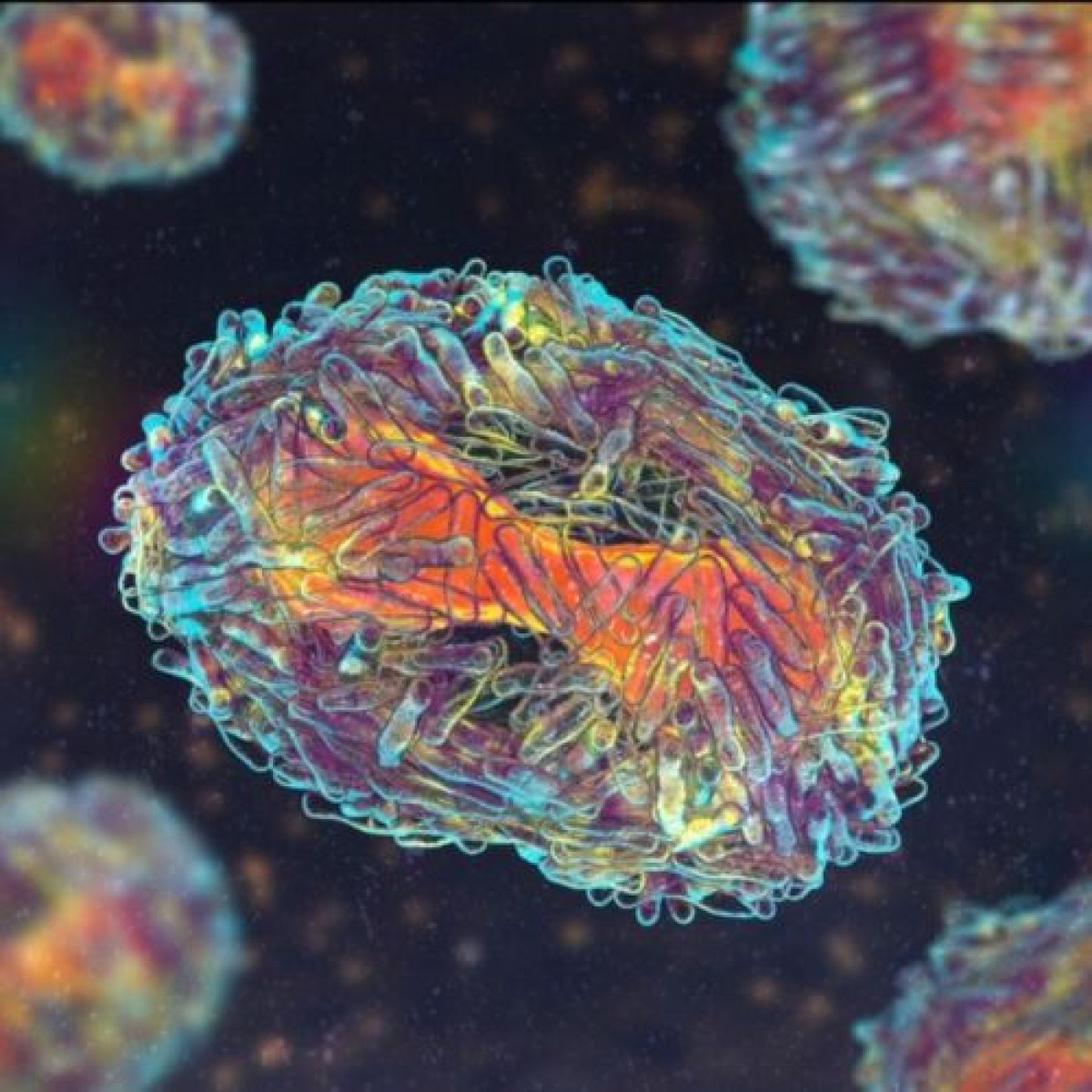
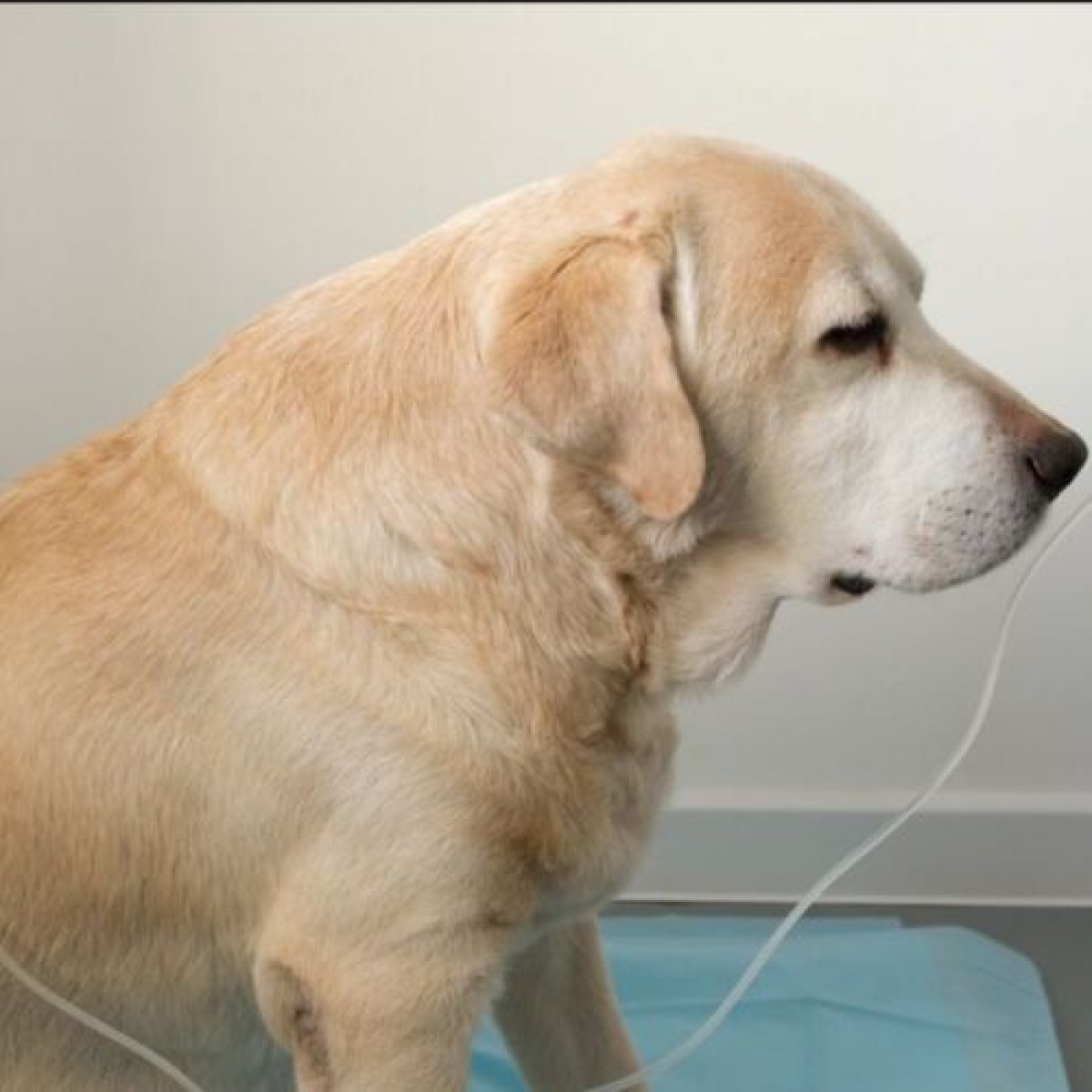

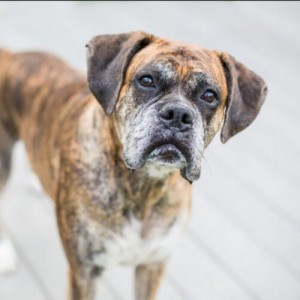
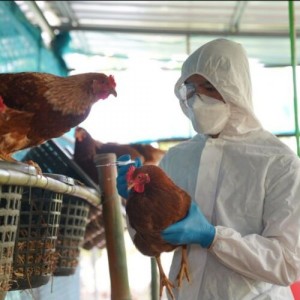
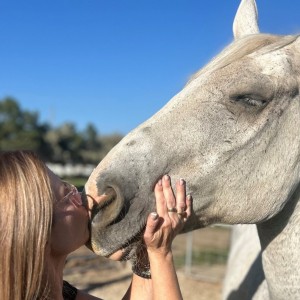
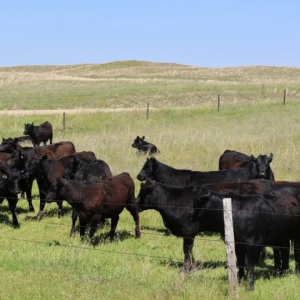

List
Add
Please enter a comment